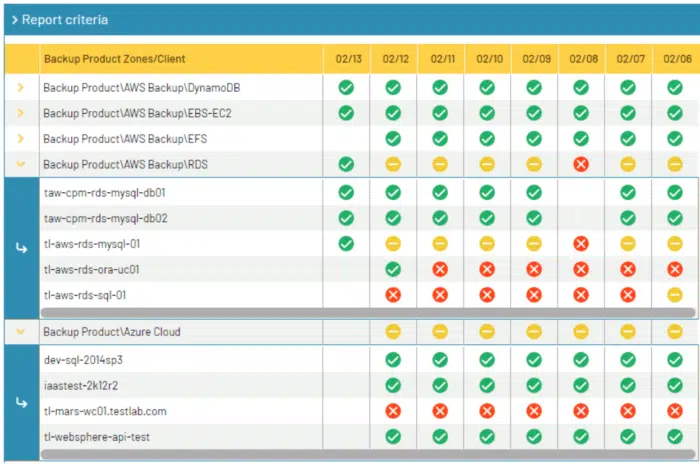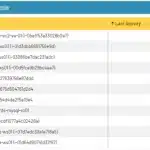Dealing with phishing scams is an everyday responsibility for IT operations professionals. Safeguarding an organization’s data from fraudulent attempts to obtain employee usernames and passwords to secure IT systems has become a core competency. After all, no organization wants to face the same crisis that retail giant Target did in 2013, a cyberattack exposing over 70 million customer records which all started from the email phishing of an HVAC supplier.
It’s especially critical now, while organizations may be less likely to be thinking about data protection, to be aware that the COVID-19 pandemic has created yet another opportunity for phishing scammers to attack unsuspecting organizations. What is most certainly a global health crisis is, unfortunately, becoming a data protection crisis too.
Anti-virus protection company Norton outlines a host of phishing scams targeted as personal and business users. These include:
- CDC Alerts: Scammers are sending phishing emails disguised as coming from the US Center for Disease Control (CDC). These emails may include links to alleged coronavirus cases in recipients’ areas under the guise of keeping individuals apprised of real-time updates in their region.
- Health & Safety Measures: Some phishing emails are sent under the pretense of offering health and wellbeing tips. Recipients are encouraged to click on a link to view safety protocols that can be taken to protect against getting the virus.
- Employer Alert Emails: Targeted scammers are developing emails that appear to come from an individual’s employer sharing organization-wide safety precautions. A link is included to encourage recipients to see the alleged protocols from their employer.
At a time of heightened safety and wellbeing concerns, your employees are that much less likely to question the source of an email before clicking a seemingly innocuous link, opening your IT system up to attacks.
Ways To Build Up Your Phishing Resilience
A strong offense means having a good defense. In the case of data protection, this means being able to isolate vulnerabilities and address them up before a phishing scheme exposes data protection weaknesses. While we are always proponents of proactive monitoring and oversight, in times like these, we understand that real-time activities are necessary to stay ahead of malware attacks. There are several daily activities that will help you do just that:
Review daily backup performance on critical backups: We know all backups aren’t equal. While you likely backup most assets within your environment, some are more business-critical than others. Use Bocada’s Job Trends Report to take a daily read on those critical assets’ performance. If those assets live on specific servers or backup products, you can easily customize the report to isolate just those assets and reduce the time needed to oversee their overall health.

Keep tabs on recently spun up VMs or instances: With so much remote work happening right now, it’s all too easy for VMs or AWS / Azure instances to be spun up without the backup team being aware. It’s what makes these assets some of the most vulnerable in your organization. This is a good time to leverage Bocada’s Protection Analysis Reports on a daily basis. By reporting on all assets without backup activity, you’ll be able to quickly identify unassigned assets and assign them to the proper backup policy.
Automate backup failure ticketing Are you sure that critical backup failures are being remediated quickly? Demands on your team could be slowing down the typical time it takes to open tickets and address all backup failures, including critical clients. Now is an ideal time to leverage Bocada’s automated ticketing integration. The two-way communication between Bocada and ticketing systems means not only do tickets get automatically generated by Bocada but you can also leverage Bocada to update and monitor ticket status.
We know now, more than ever, the demands being placed on IT Operations teams to support colleagues’ remote work is making data protection almost impossible to tackle. With targeted, automated monitoring, you can time-efficiently safeguard your assets against phishing attacks, giving your team additional bandwidth to support other IT priorities.

